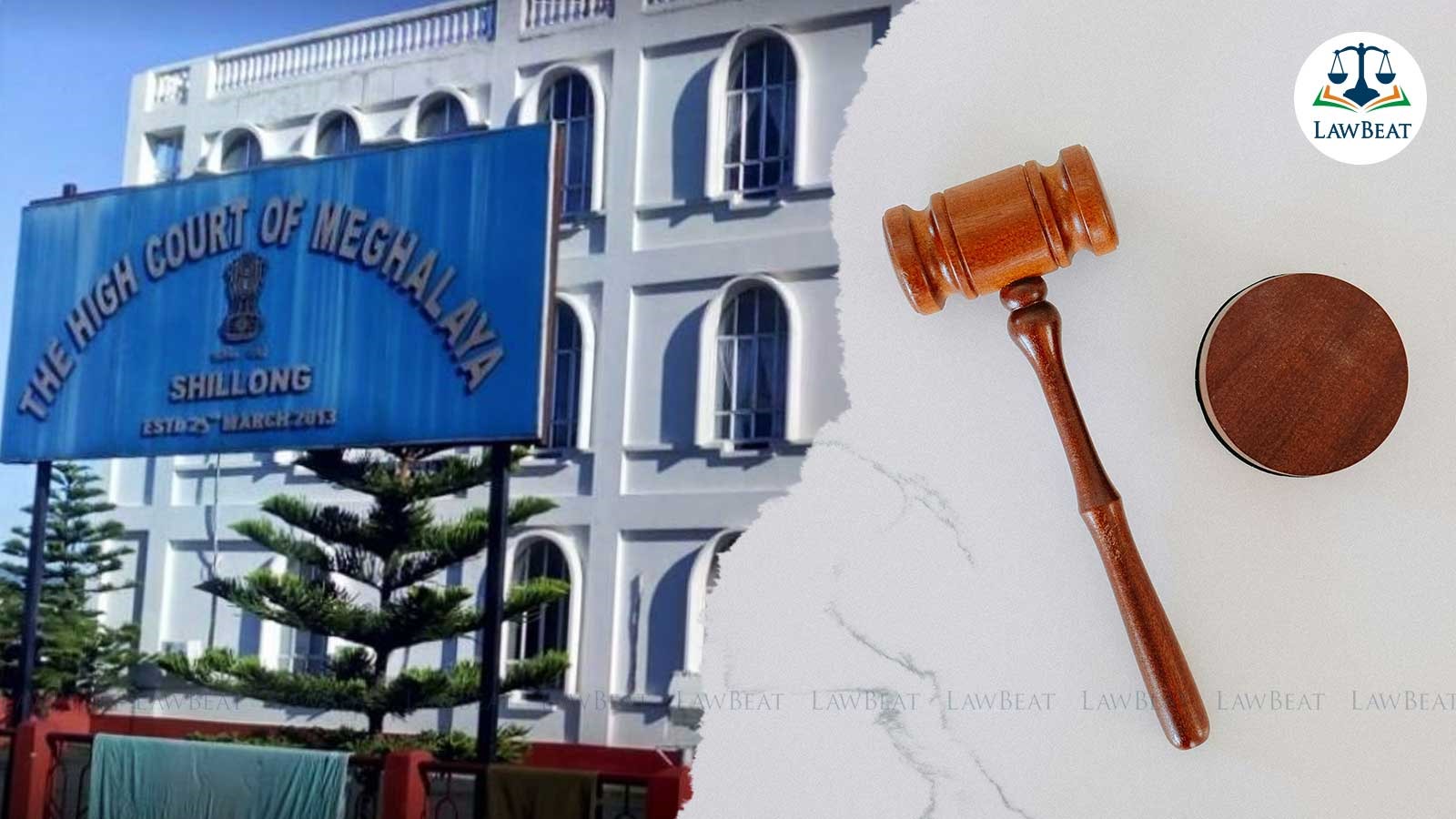Review is not an appeal in disguise: Meghalaya High Court

High Court has stressed that a review petition cannot be used to rewrite a judgment, as the review jurisdiction does not permit such actions
The Meghalaya High Court has dismissed a Review Petition, reinforcing the principle that a review application cannot serve as an "appeal in disguise." The court has emphasised that the power of review is only exercisable in cases where there exists an error apparent on the face of the record and not merely on the basis of an erroneous decision.
A bench comprising Chief Justice S. Vaidyanathan and Justice H.S. Thangkhiew delivered the verdict in a case concerning a Review Petition filed against an order of the Commissioner of Central Goods and Services Tax.
This decision follows a series of legal maneuvers by the petitioner, whose initial plea was rejected by the Meghalaya High Court on September 23, 2021. Subsequently, the petitioner approached the Supreme Court, which on September 4, 2023, granted permission to file a review petition before the high court.
Arguing before the high court, the petitioner submitted that because the Supreme Court had authorized the review, the High Court possessed the authority to rectify any errors. However, the respondent's counsel countered this argument by citing the statutory provisions concerning appeals and reviews in tax matters. Specifically, they emphasized that according to Section 35L of the Central Excise Act, 1944, appeals could only be filed with the Supreme Court, limiting the High Court's jurisdiction.
The bench, taking into account the submissions made by both parties, concluded that the petitioner's statutory right lies only before the Supreme Court, as per the provisions of the Central Excise Act. Even if Order 47 Rule 1 of the Civil Procedure Code were applicable, the review petition was deemed not maintainable.
The court held that the grounds upon which the review petition is based fall beyond the purview of Order 47 Rule 1 of the Civil Procedure Code and the legal precedents established by the Supreme Court and High Court. The court emphasised that a review petition cannot serve as a means to rewrite a judgment, as review jurisdiction does not allow for such actions.
The Court summarised the essence of the judgment as follows:
- A judgment is open to review inter alia if there is a mistake or an error apparent on the face of the record.
- A judgment pronounced by the Court is final, and departure from that principle is justified only when circumstances of a substantial and compelling character make it necessary to do so.
- An error which is not self-evident and has to be detected by process of reasoning, can hardly be said to be an error apparent on the face of record justifying the Court to exercise its power of review.
- In exercise of the jurisdiction under Order 47, Rule 1 CPC, it is not permissible for an erroneous decision to be “reheard and corrected.”
- A Review Petition has a limited purpose and cannot be allowed to be “an appeal in disguise.”
- Under the guise of review, the petitioner cannot be permitted to reagitate and reargue the questions which have already been addressed and decided.
- An error on the face of record must be such an error which, mere looking at the record should strike and it should not require any long-drawn process of reasoning on the points where there may conceivably be two opinions.
- Even the change in law or subsequent decision / judgment of a co-ordinate or larger Bench by itself cannot be regarded as a ground for review.
Case Title: Commissioner of CGST vs. Manaksia Ltd [Review Petition No.3/2024]
